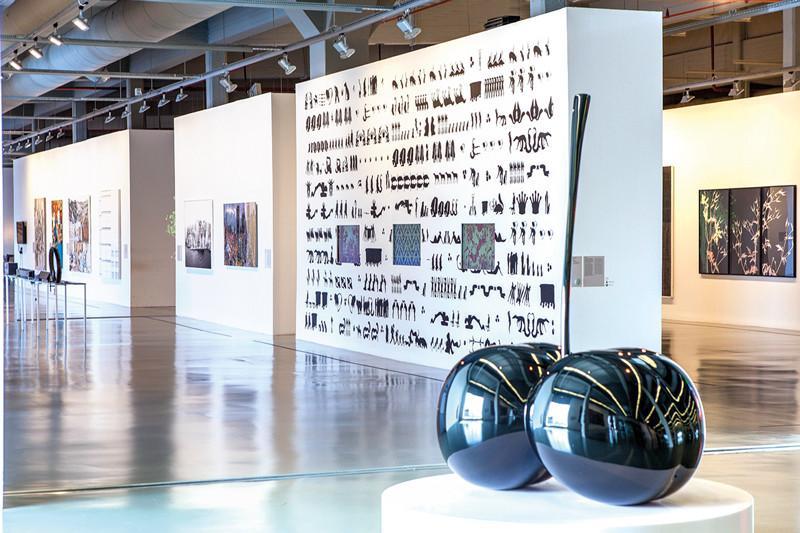
Today, with the spread of the COVID-19 virus all around the world, everyone is minimizing the time they spend with others. However, as human beings, we are entitled and conditioned to communicate fully all the time. Considering that art is a way and medium of communication, we are opening a new path in the arts and culture world with new kinds of communication systems. Self-isolation and physical distancing are a challenge, but there is still a chance when we consider the arts and culture world to communicate with the viewer. As each opinion leader suggests a new world order, this might come with technology while keeping communication alive.
For the contemporary art scene, the effects of the virus started when Italy saw the peak and that’s when the professionals started to consider a new system to show and appreciate art. From museums to art galleries a new era has begun. Of course, in the coming days, we will be able to visit museums and art fairs physically, the only problem is we do not know when.
So, a new order is still necessary for the art world. The first museum to go online and virtual was China’s X Museum. After Italy’s breakdown, Art Brussels decided to be set for June, Art Cologne was postponed to November and so the rest came along. Amid the COVID-19 crisis, the reality to turn everything into digital platforms became a must. According to Frieze’s article, titled Letter from Italy, Frieze’s contributing editor Barbara Casavecchia said, in the short term, it’d be bad for business.
“But I have long argued for the necessity of a re-localization in the arts: Focusing on place, rather than depending on an accelerating pace of cross-continental travel, events, fairs, and far-off shows. At the risk of parochialism, some sitting-still might benefit culture,” reported Frieze’s Pablo Larios. She was right though, because the spread of this virus comes with new endeavors for arts and culture institutions and somehow each institution is expected to be re-locating their activities.
Museum from home trend
The first COVID-19 case seen in Turkey on March 10, 2020, and the spread of the disease was fierce. Each museum and gallery closed doors and started to adapt to the digital world. Yet, some of them started a new digital engagement. For example, Istanbul Modern, Turkey’s largest and the most important contemporary art museum, renewed the website for #museumfromhome and developed a digital exhibition infra-structure.
On the other hand, the existing digital art platforms such as Borusan Contemporary has ameliorated their digital platforms and added new features. It seems like only in the time of crisis, institutions can develop new and creative actions.
On the other hand, Arts Basel Hong Kong’s online viewing rooms and opening the artworks to all viewers were another huge impact in contemporary art.
It would be fair to say that among all of the new engagement actions, the most successful ones were Turkish galleries, having different online programs for the viewer and sharing the best of art. As a result, we saw, was the urge of the viewer to see and understand art. Not only the viewer accustomed to arts, but everyone started to be engaged with online art auctions.
Art as a personal growth trend
The pandemic crisis reminded everyone that we need art more than ever when troubling times are ahead of us. The pandemic’s dissemination and self-isolation opened everyone’s eyes and started to look at the arts as a self-exploration and personal growth. In a recent podcast, professor and curator Marcus Graf says art is a medium of communication and can free human beings.
If that’s the case, COVID-19 is just a way to explore us in terms of art and culture and discover more about our lives. As writer and historian, Yuval Noah Harari wrote in his latest article published by the Financial Times a new world order is coming and the decisions that will be made now will affect the coming 10 years. The same thing is valid for the arts and culture, because they will continue to contribute to social life and society and somehow people will start to look at art not only for joy or learning, but for personal growth, connecting with the inner self and discovering more about ourselves.